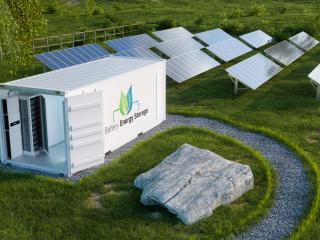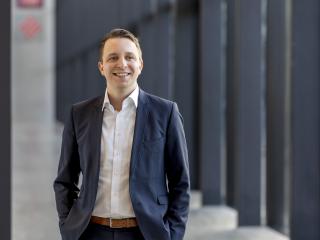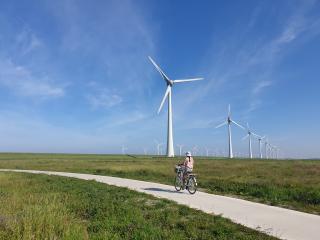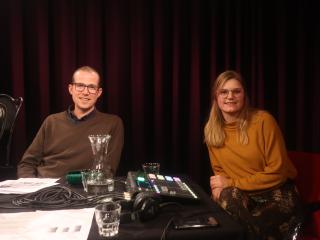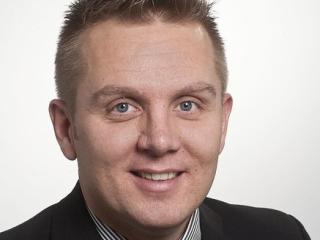Climate and energy
To slow down climate change and accelerate the transition to renewable energy, much remains to be done. New technologies offer solutions, but we cannot do without changes at the administrative, legal, financial and economic, psychological and especially social level, leaving no one behind. That is Tilburg University’s mission, in its research and together with social partners.
Martijn Groenleer: How to organize energy transition locally
Experts and their expertise
-

Reyer Gerlagh
Professor#energy economics #environmental economics #climate change #emission tradings
-

Jonathan Verschuuren
Professor#climate change #environmental law # European Environmental Law
News about climate end energy
-
New ecological insights call for robust nature conservation law
25th January 2024Recent scientific insights in the biodiversity crisis and the ways of being of animals and plants require an adjusted moral compass and fitting, robust nature conservation law. Both are essential to curb harmful human activity and thus to give new generations of people as well as other Earth dwellers a future.
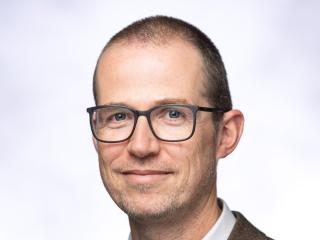
-
Tilburg University and local businesses join forces for sustainable logistics: ‘Collaboration is in the Brabant DNA’
03rd November 2023There are few places in Europe where logistical activity is as strongly developed as in the region of Central Brabant. Over the coming years, the logistics sector in Brabant aims to lead the way in transitioning towards a sustainable future, where robust economic growth goes hand in hand with broad prosperity in the region. To shape this future, Tilburg University and local entrepreneurs have jointly established the Tilburg Initiative for Future Logistics (TIFL).
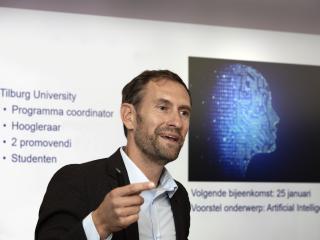
-
Multinationals have a responsibility to take care of people and planet throughout their production networks
30th October 2023Multinationals have a duty to prevent or reduce foreseeable negative impacts on workers, communities and the environment, even if these impacts are caused by other actors in their production networks. That is the position Professor of Private Law Paul Verbruggen takes in his inaugural address at Tilburg University on Friday, November 3, 2023.

Collaborations
-
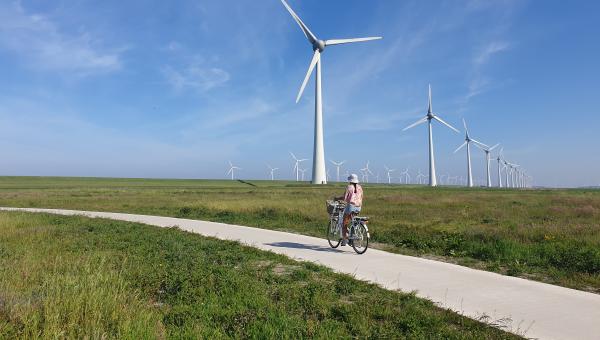
Program for Broad Prosperity
In the academic collaborative centers, Tilburg University develops solutions for major societal transformations through intensive collaboration with partners. The centers focus on enhancing broad prosperity in society. These include themes such as climate and energy, an inclusive labor market, and a healthy lifestyle and mental wellbeing. Tilburg University traditionally has a lot of knowledge and expertise on these themes.
More information -
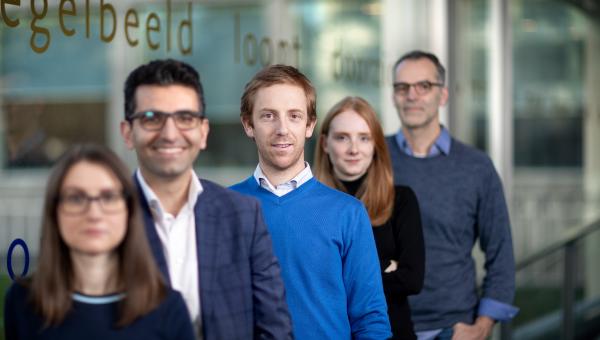
Researchers involved
An interdisciplinary network of researchers from various Tilburg University Departments involved in the Academic Collaborative Center in the climate and energy community.
More information -
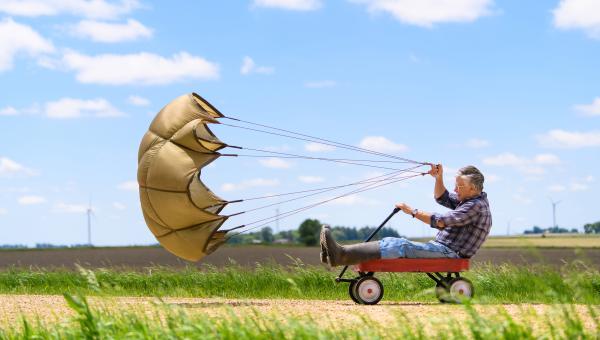
Academic Collaborative Center for Climate and Energy
Within Tilburg University, various disciplines collaborate on energy and climate research. The researchers do this together with the government and civil society organizations.
More information -

Tilburg Sustainability Center
TSC wants to help deal with the challenges of a globalizing world economy, where climate change and resource scarcity require innovative and interdisciplinary approaches and where policymakers, industries and citizens find it increasingly important to achieve development, prosperity and maintain consumption in a responsible and sustainable manner.
More information
Learn more:
Tilburg University strives to contribute to broad prosperity: a green, social and prosperous future for all. Check out our topic dossiers for new insights into labor market and talent development, healthcare and wellbeing, climate and energy and the digital society.

